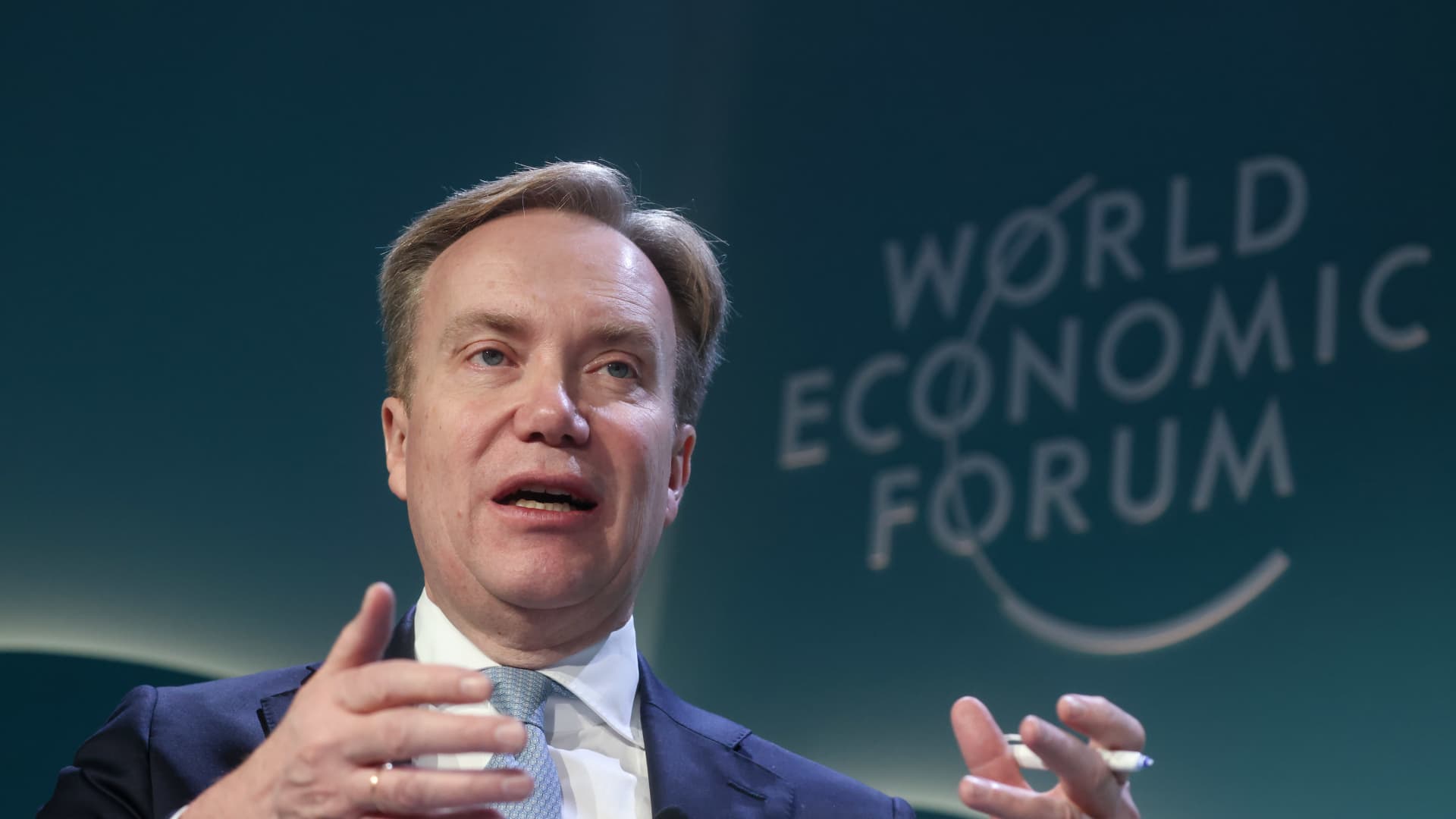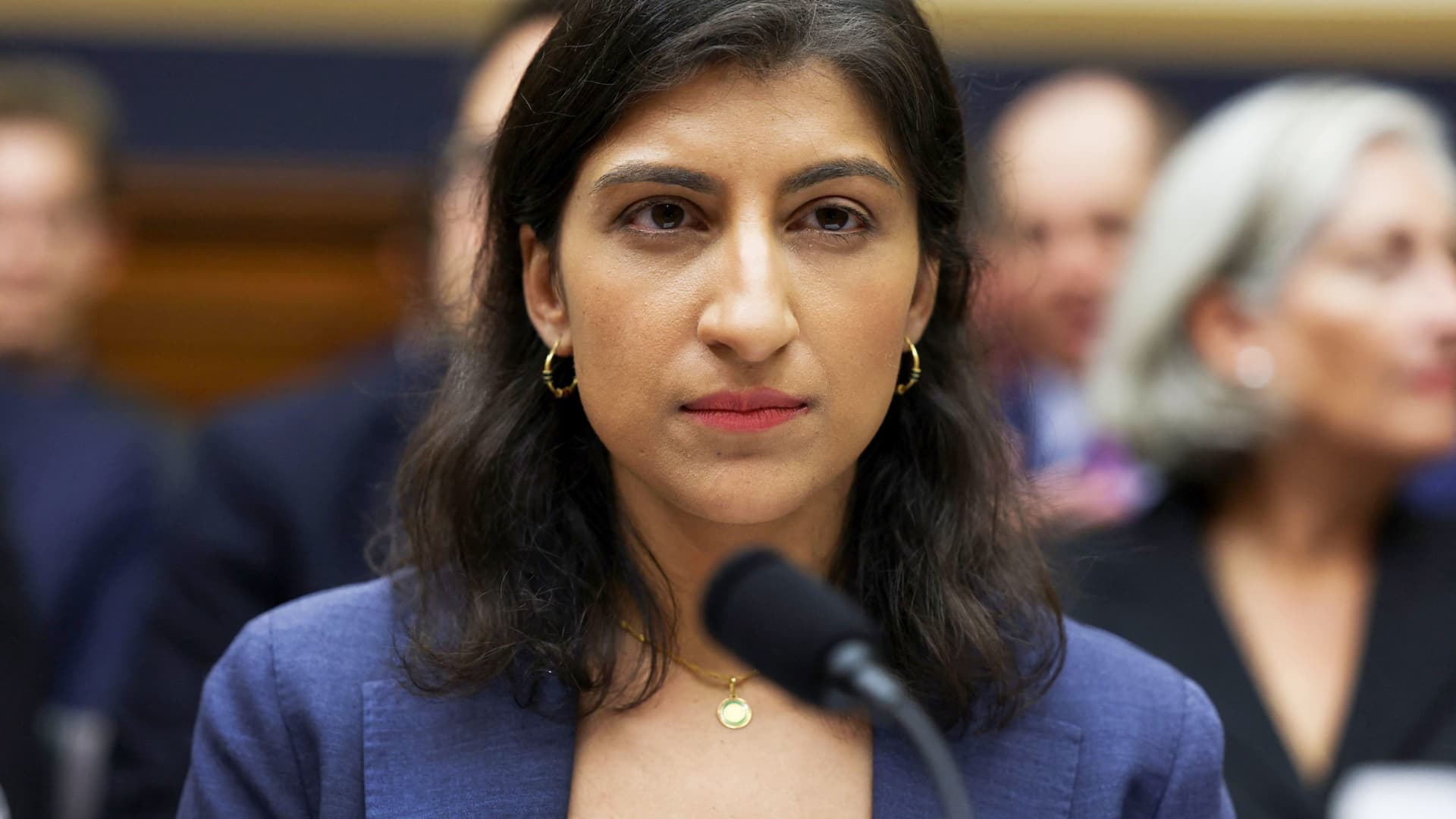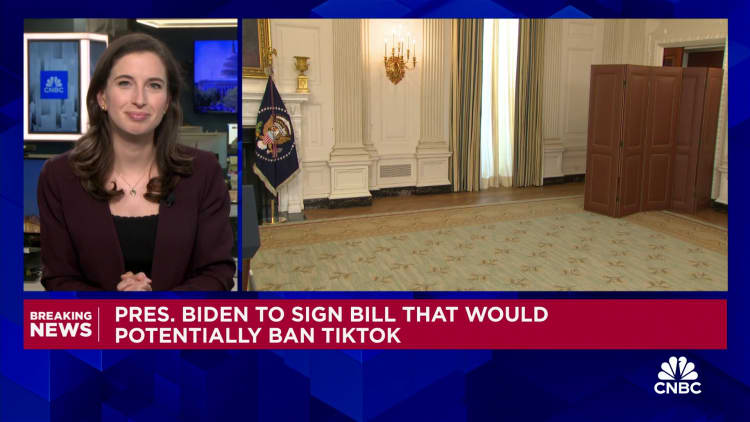President Biden, who is reinforcing a populist sentiment in his re-election campaign, has repeatedly said he will raise taxes on the rich and corporations so they pay their “fair share.”
Republicans say Mr. Biden has “an unquenchable thirst to tax the American people.” His Republican opponent in the election, former President Donald J. Trump, recently said that Mr. Biden “will give you the biggest, biggest, ugliest tax increase in the history of our country.”
So it might come as a surprise that Mr. Biden has cut taxes overall in just over three years in office.
The calculation is simple. An analysis prepared for The New York Times by the Urban-Brookings Tax Policy Center, a Washington think tank that studies tax issues, shows that the tax cuts that Mr. Biden has signed for individuals and corporations are larger than the tax increases that he has signed has imposed on large corporations and their shareholders.
The analysis estimates that the tax changes signed into law by Mr. Biden will amount to a net reduction of about $600 billion over four years and slightly more over a full decade.
“It is reasonable to conclude from these numbers that Biden’s tax policy was not some kind of radical tax increase program,” said Benjamin R. Page, a senior fellow at the center and author of the analysis.
The analysis looks exclusively at tax changes over the course of Mr. Biden’s presidency, including some direct benefits to people and businesses that flow from the tax code. It doesn’t measure the impact of inflation or certain regulations that Republicans sometimes call “tax hikes” because they can increase costs for businesses and individuals.
It also doesn’t measure the social or economic benefits of Mr. Biden’s spending policies or his regulatory efforts intended to help consumers, such as tackling so-called junk fees and capping the cost of insulin and other drugs.
Instead, the analysis provides a comprehensive overview of what Mr. Biden has done with the tax code and how those policies add up.
This makes it clear that his record is inconsistent with his own ambitions to tax the rich and big corporations – or with Republicans’ attempts to caricature him as a tax-and-spend liberal.
That’s largely because Mr. Biden has had difficulty passing his most ambitious tax increase plans. “It’s what can be brought through Congress and signed,” Mr. Page said. “They were subject to compromise.”
A White House spokesman, Michael Kikukawa, said in an email that Mr. Biden was “proud to have cut taxes for middle class and working families while cracking down on wealthy tax cheats and getting big corporations to pay more.” to pay from their fair share.”
The president’s tax cuts include incentives for companies to manufacture and install solar panels, wind turbines and other technologies to reduce fossil fuel emissions. This is a key piece of the climate law he signed in 2022. This law also included tax cuts for people who buy certain low-emission technologies such as electric vehicles and heat pumps.
Mr. Biden also provided tax breaks for semiconductor factories as part of a bipartisan advanced manufacturing bill he signed earlier this year.
The president also provided temporary tax relief for individuals and certain companies. in its 2021 stimulus package, the American Rescue Plan. The law expanded a tax credit for parents. It provided $1,400 direct checks to low- and middle-income Americans, which were technically advance payments of tax credits.
Mr. Biden partially offset all of his tax cuts with two major new levies. Companies now have to pay a tax when they buy back their own shares. Another tax would require large companies to pay at least 15 percent federal income tax, even if they are entitled to deductions that would leave them with less debt.
The president has also transferred tens of billions of dollars to the Internal Revenue Service to help crack down on high earners and companies that evade paying their taxes – a measure that will increase federal tax revenues but not increase tax rates.
But the president has struggled to persuade Congress – including a sufficient number of Democrats during the two years his party controlled the House and Senate under his leadership – to approve a series of other proposed tax increases.
Mr. Biden’s budget proposals are full of ideas about taxing high earners and corporations. These could not prevail on Capitol Hill. His latest budget proposes about $5 trillion in tax increases spread over a decade, including longstanding Democratic plans such as raising the corporate tax rate from 21 percent to 28 percent.
Republicans attacked Mr. Biden over tax plans they say would cripple the economy. Representative Jodey C. Arrington, Republican of Texas and chairman of the Budget Committee, said in a hearing on Thursday that Mr. Biden “believes in more government and more spending and more taxes as answers to the problems facing our country.”
Mr. Biden has emphasized his tax proposals in recent weeks, including during his State of the Union address. The president has repeatedly said he will not raise taxes on people making less than $400,000 a year while asking millionaires and billionaires to pay more.
He has also touted his tax record, as he did in Las Vegas this week. “In 2020, 55 of the largest Fortune 500 companies made $40 billion in profits,” Mr. Biden said. “They didn’t pay federal taxes. No longer.”
Mr. Biden was referring to the minimum corporate tax created by the Inflation Reduction Act, the 2022 law that also includes climate-related tax incentives. The Treasury has struggled to introduce the tax, which businesses first faced last year.
The department does not yet have data on how many companies will pay the 2023 tax, officials said this week.
Source link
2024-03-25 09:03:13
www.nytimes.com







